In the digital world , users need tools to help authenticate information.
In the digital age, social media and online platforms have become the main channel of information access for tens of millions of people every day. However, along with convenience, fake news and false news spreading at a dizzying speed is a worrying reality. In this context, the need to verify information through comparison and verification of the accuracy of what we read, hear and share becomes necessary.
Faced with this situation, Viettel Data and Artificial Intelligence Service Center has researched and developed ClaimPKG - an effective information verification method with the ability to be applied in practice. This research has surpassed more than 5,200 studies worldwide to be introduced directly at ACL 2025. This is one of the world's leading conferences on natural language processing (NLP), with a presentation acceptance rate of only 37%. The event brings together leading technology experts from giants such as Google, Meta, Huawei, IBM, Amazon, Oracle, etc.
ClaimPKG combines a knowledge graph and a large language model (LLM), improving accuracy by 9% to 12% compared to current methods when tested on FactKG (a benchmark dataset highly regarded by the technology community in fact-checking). This test result shows the strong potential of ClaimPKG to improve the reliability of future AI fact-checking systems.
Previously, at the NAACL 2025 Conference, Viettel Data and Artificial Intelligence Service Center also attracted attention with VeGraph - an information verification method based on textual knowledge platforms such as articles, legal documents, etc. VeGraph recorded a 2-5% improvement in accuracy compared to other methods, but in many cases, especially if the textual data lacks a clear structure, the verification process can be time-consuming and difficult to ensure consistency.
In order to improve accuracy and consistency, Viettel Data and Artificial Intelligence Service Center continues to seek another direction. ClaimPKG is developed with a structured knowledge-based approach, using a clearly formatted knowledge graph according to the “subject-relationship-object” model.
The information to be verified will be broken down and transformed into a “pseudo-subgraph”, then the system retrieves related knowledge in the knowledge graph, and then lets LLM infer and draw the final conclusion. This process helps to increase the accuracy, consistency and reliability of verification, while reducing the computational burden on LLM.
The technical advantages of ClaimPKG are also the foundation for expanding practical applications. In the field of journalism and media, technology can support reporters and editors to detect fake news and compare sources quickly and with basis.
In the medical and legal fields, this technology can act as a “verification assistant”, helping to look up and authenticate specialized knowledge. In addition, ClaimPKG also has the potential to be integrated into chatbots or virtual assistants, helping the system provide more reliable answers, avoiding ambiguous judgments.
The ACL 2025 (Annual Meeting of the Association for Computational Linguistics), taking place from July 27 to August 1 in Vienna, Austria, is one of the world's most prestigious and influential events in the field of NLP. With thousands of international researchers, engineers and experts, the conference is a place to share the latest advances in NLP, from language machine learning, machine translation, text summarization, automatic question answering to issues of ethics and fairness in linguistic AI.
This year, the main theme of the conference is “Generalization of NLP Models”, emphasizing the development of models that are able to adapt and understand new data, languages or domains.
HA LINH
Source: https://nhandan.vn/cong-nghe-tri-tue-nhan-tao-giup-kiem-chung-thong-tin-post898494.html



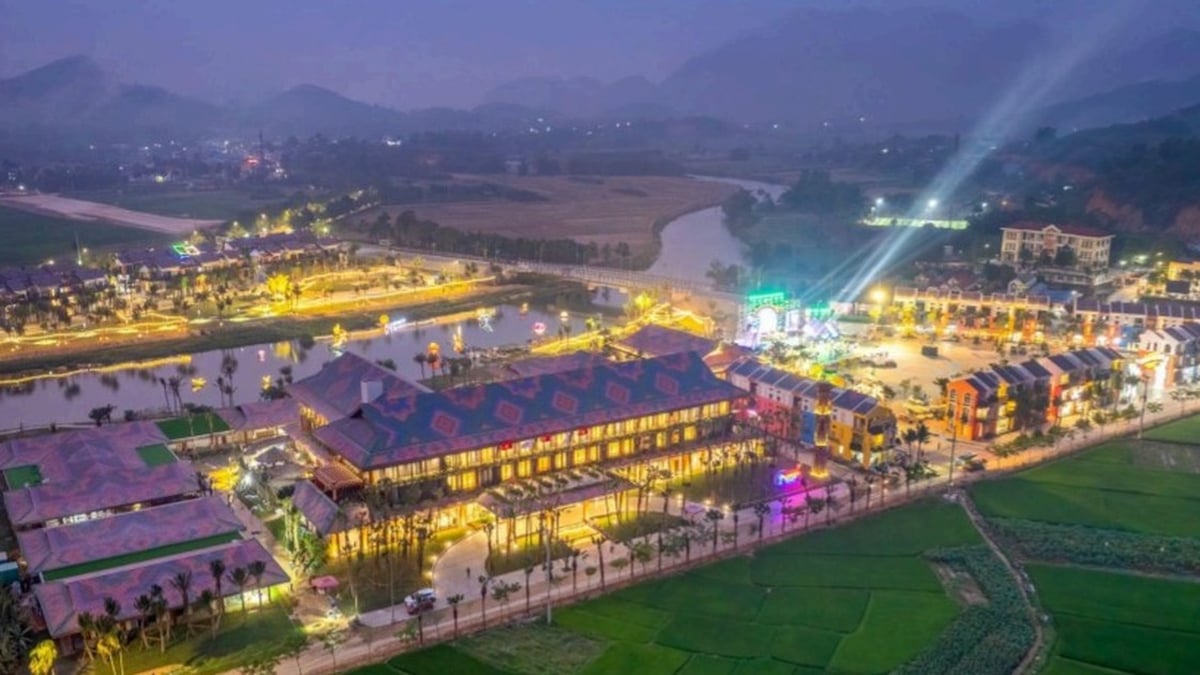
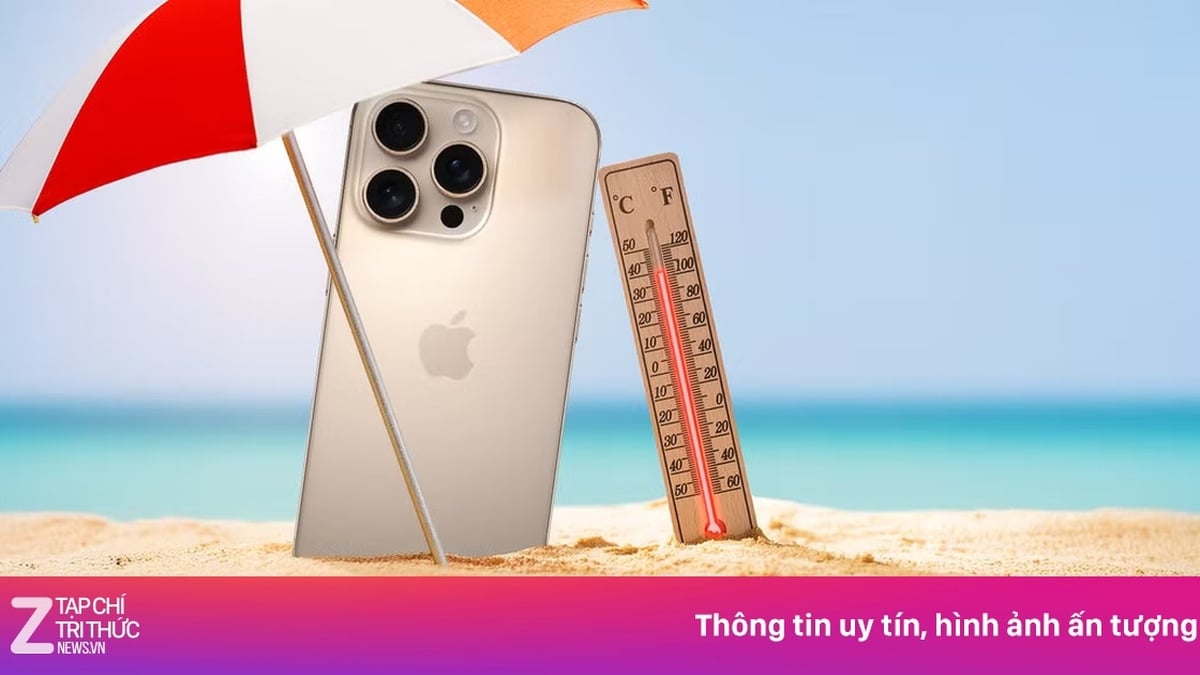
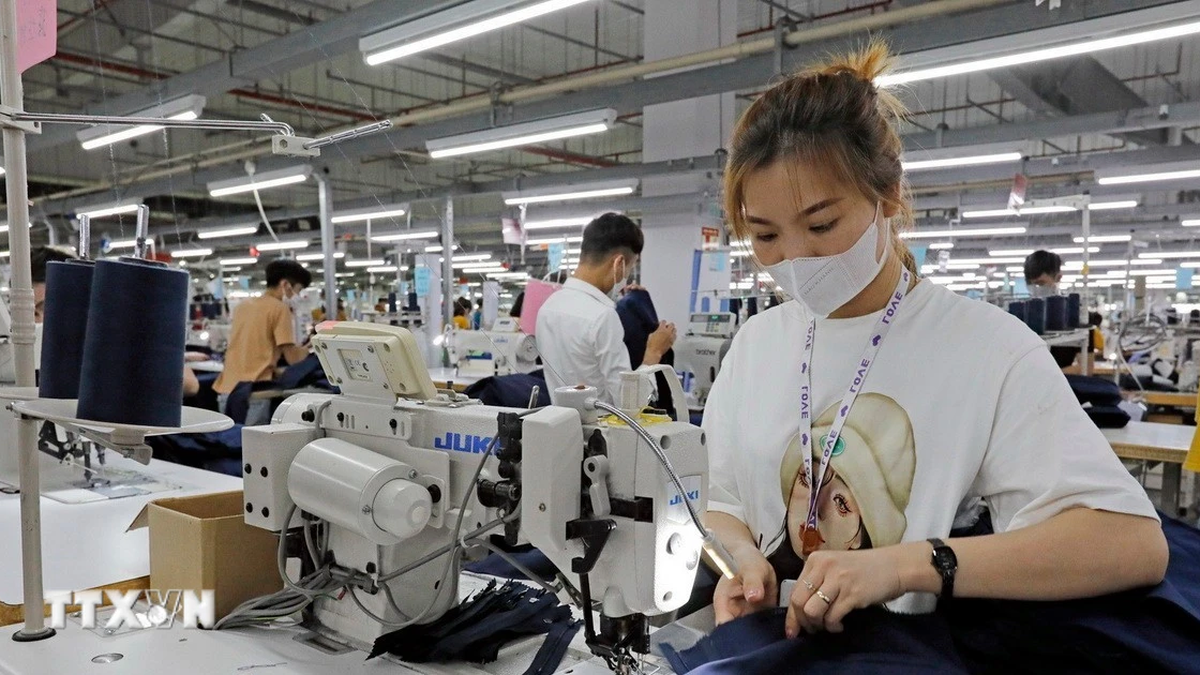

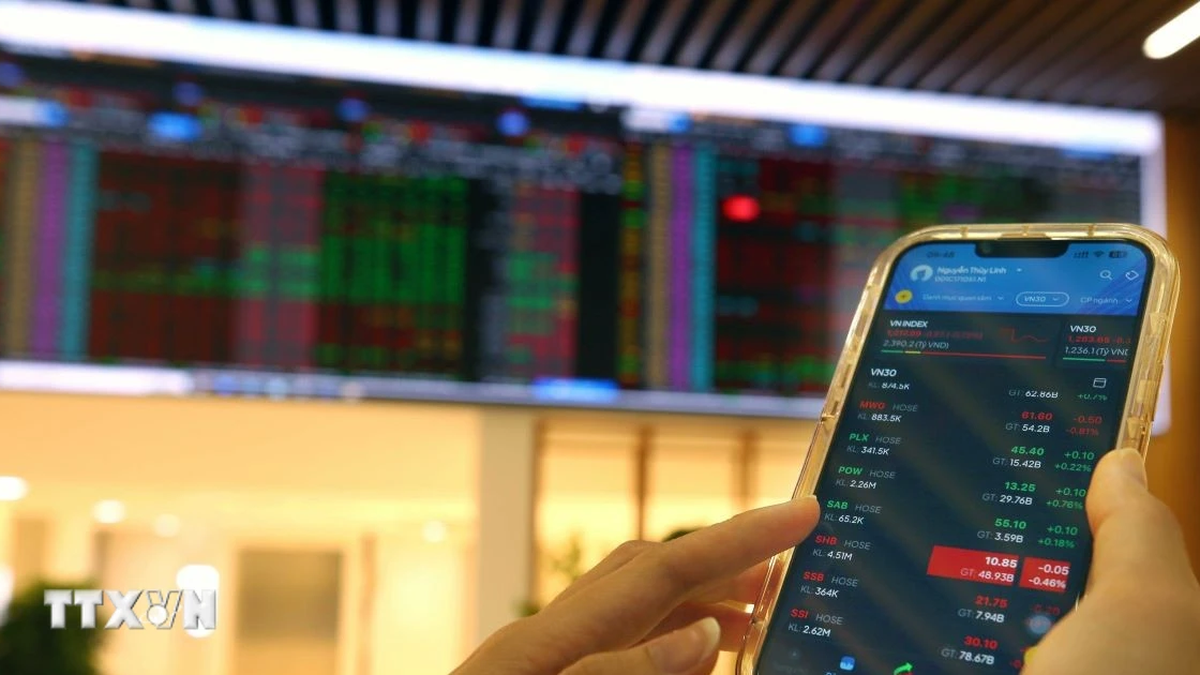
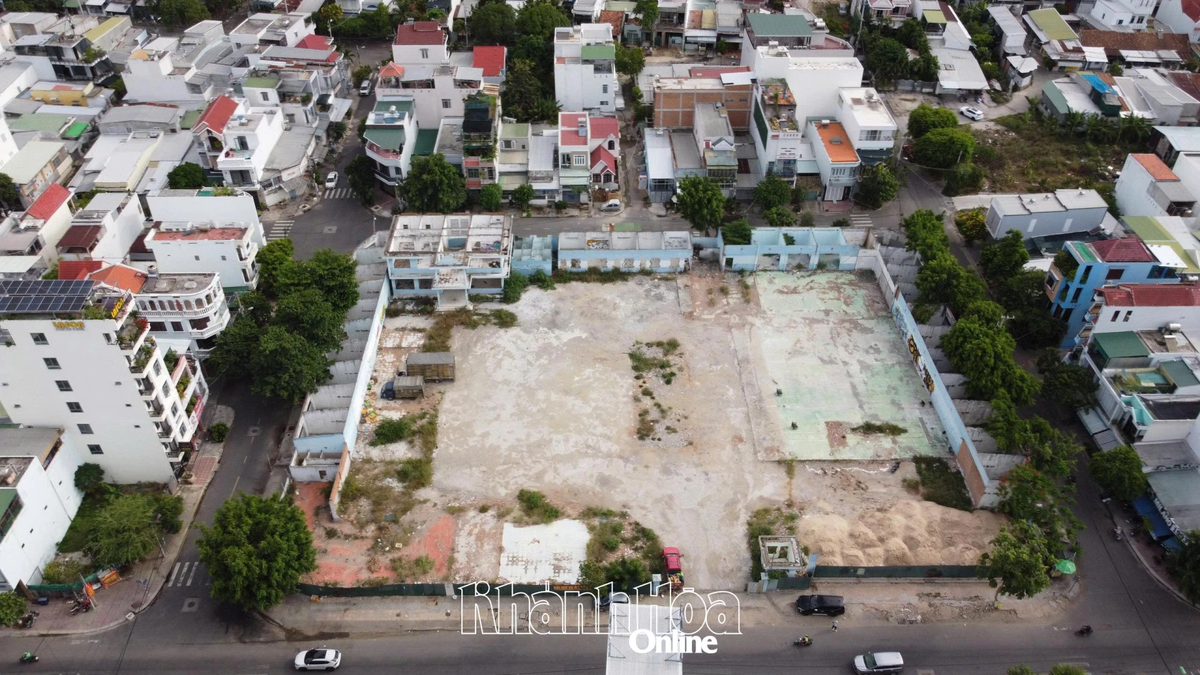
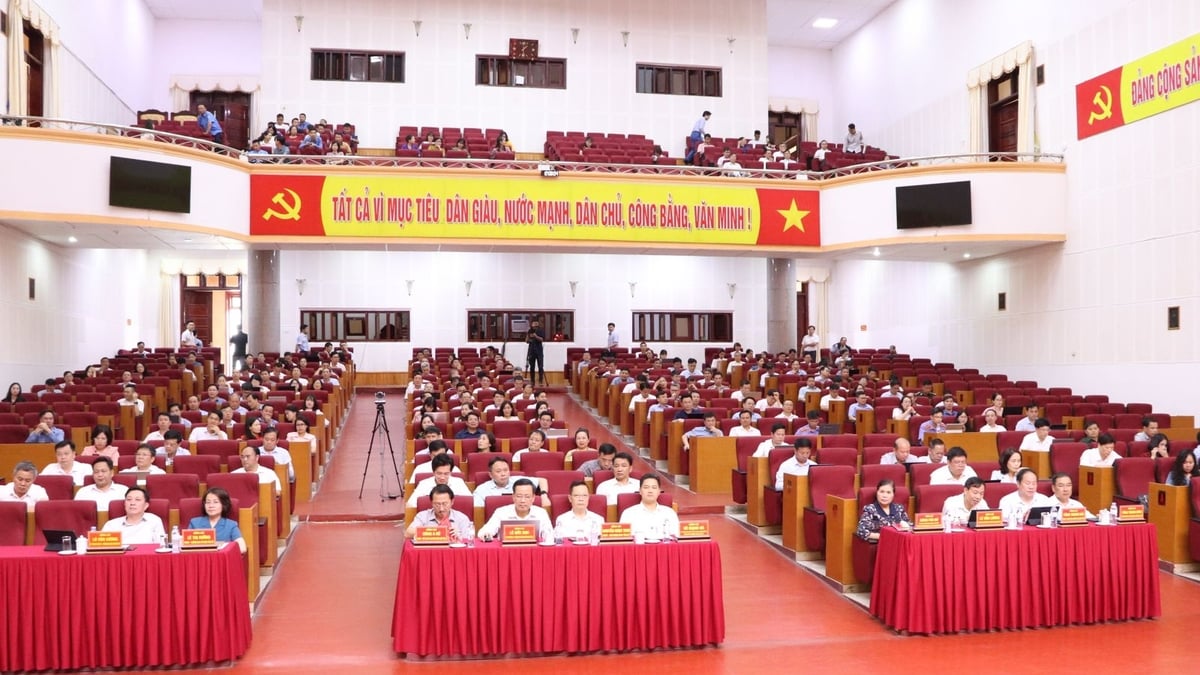
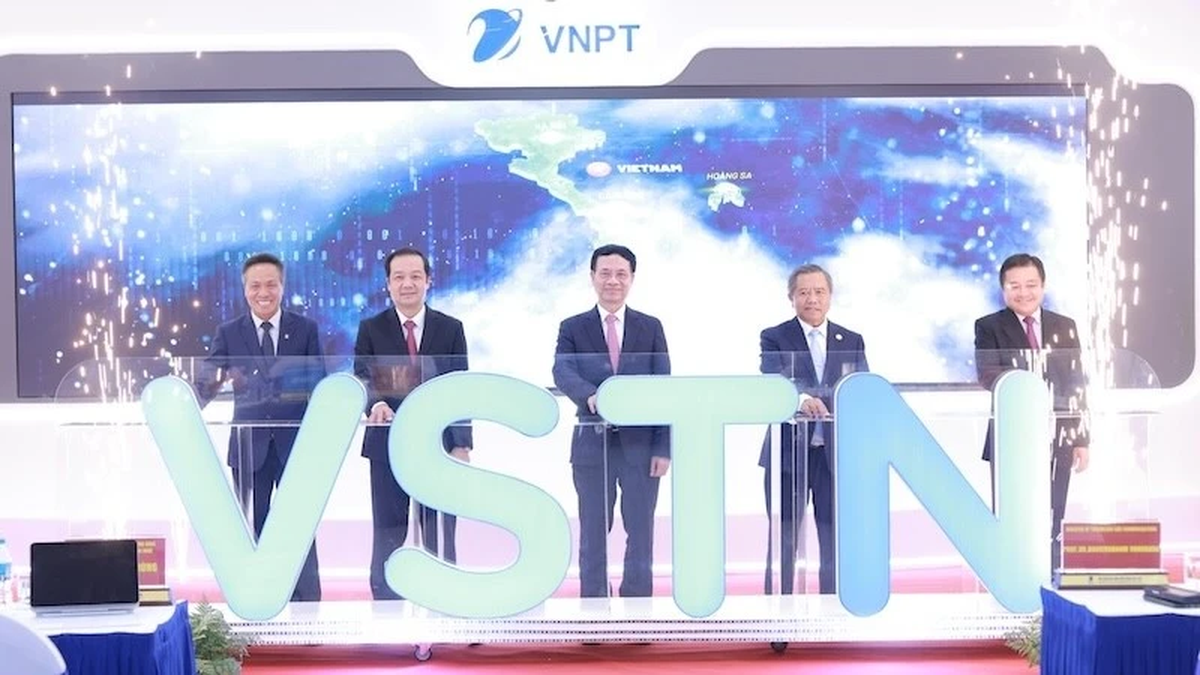

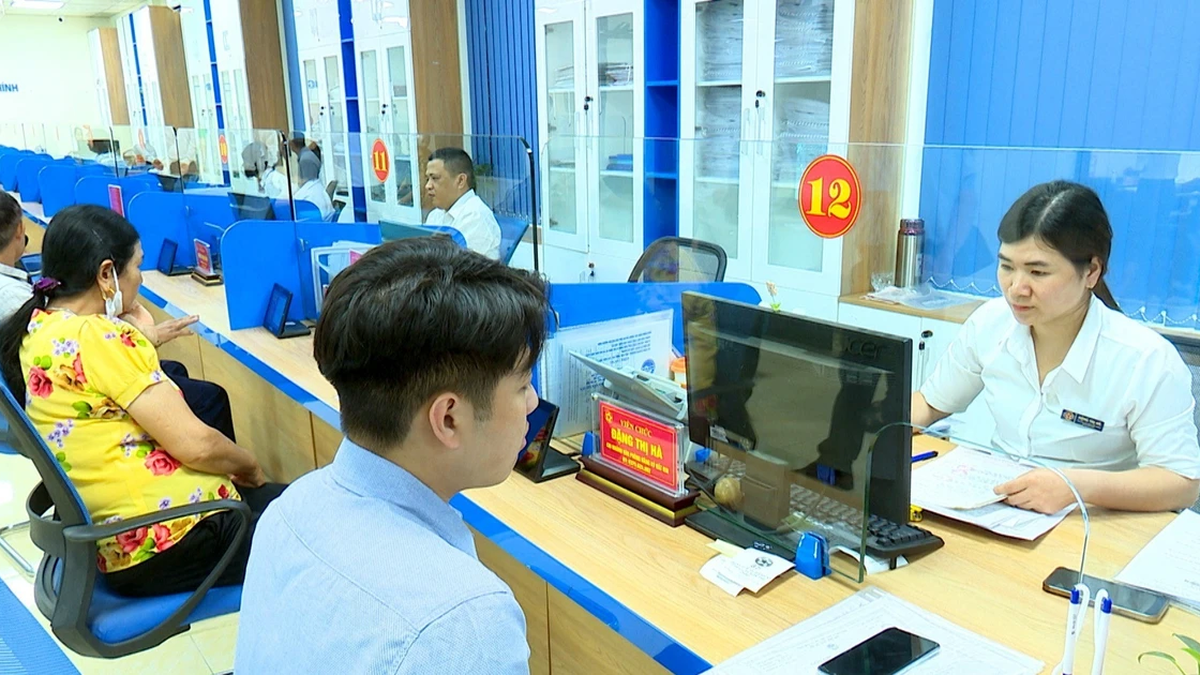











































![[Maritime News] Two Evergreen ships in a row: More than 50 containers fell into the sea](https://vphoto.vietnam.vn/thumb/402x226/vietnam/resource/IMAGE/2025/8/4/7c4aab5ced9d4b0e893092ffc2be8327)

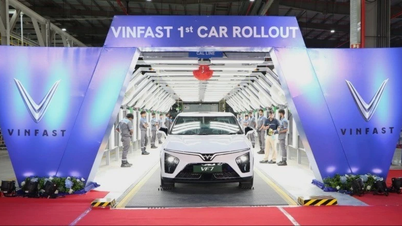

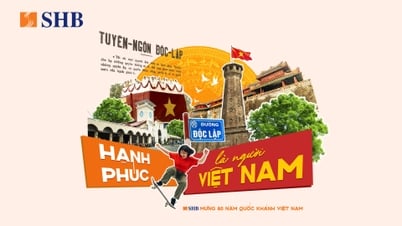






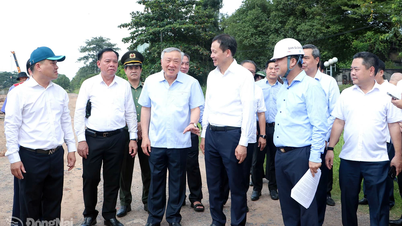







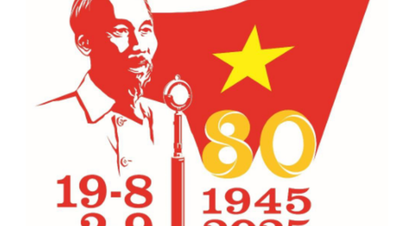
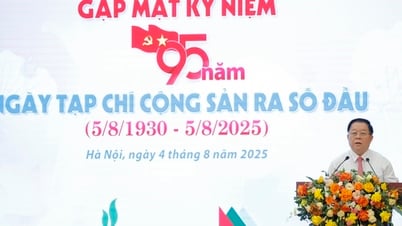
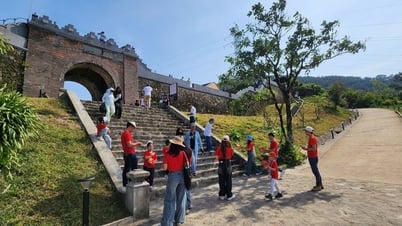
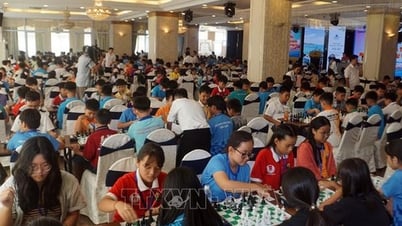

















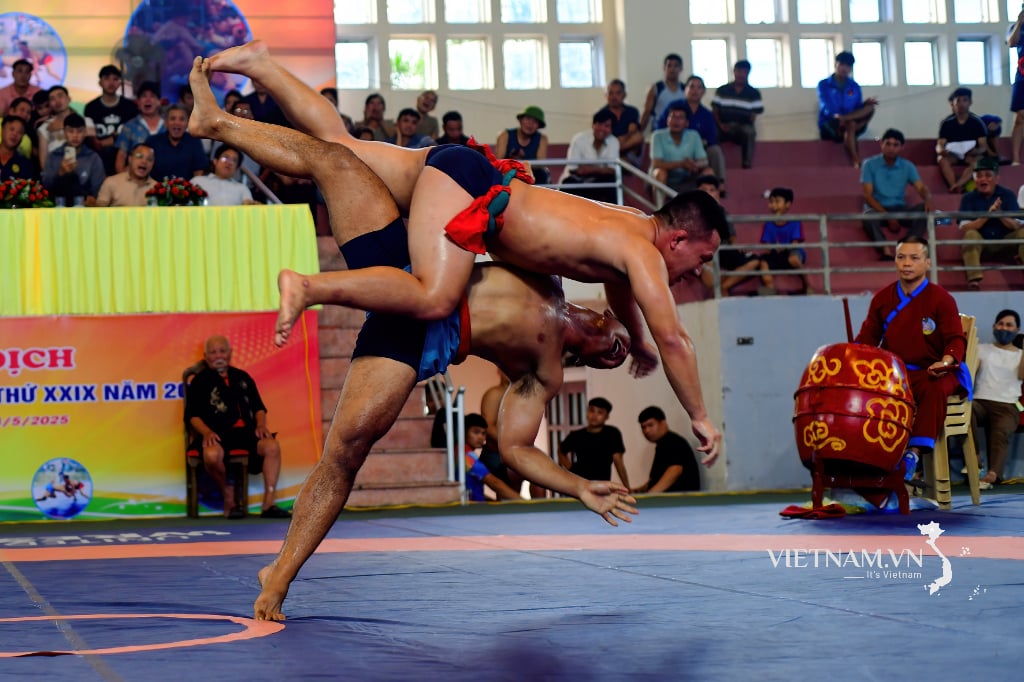

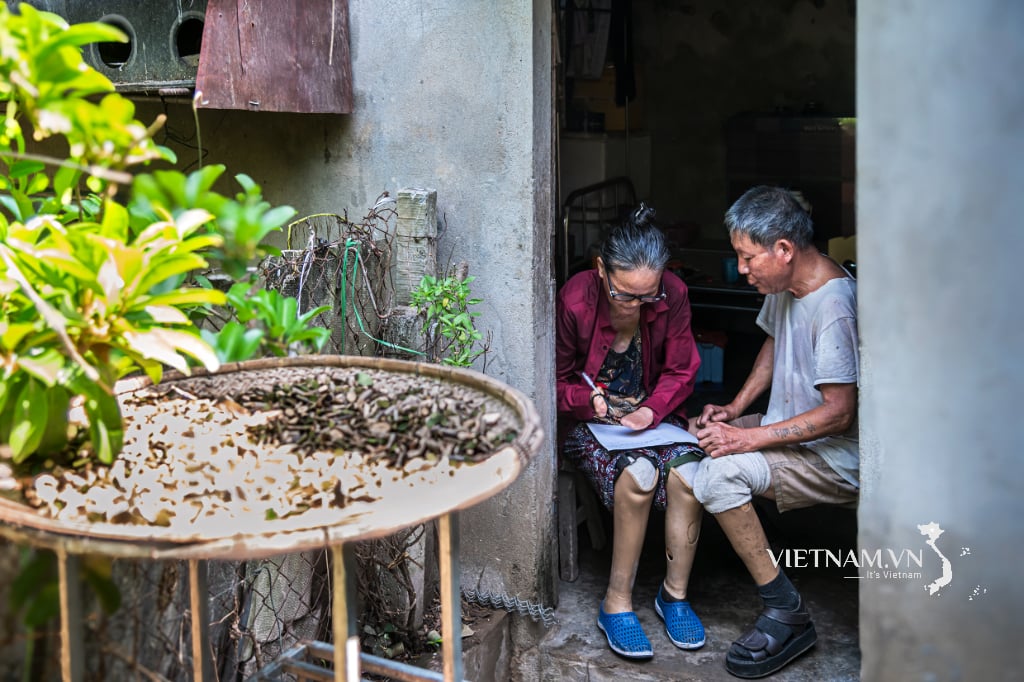
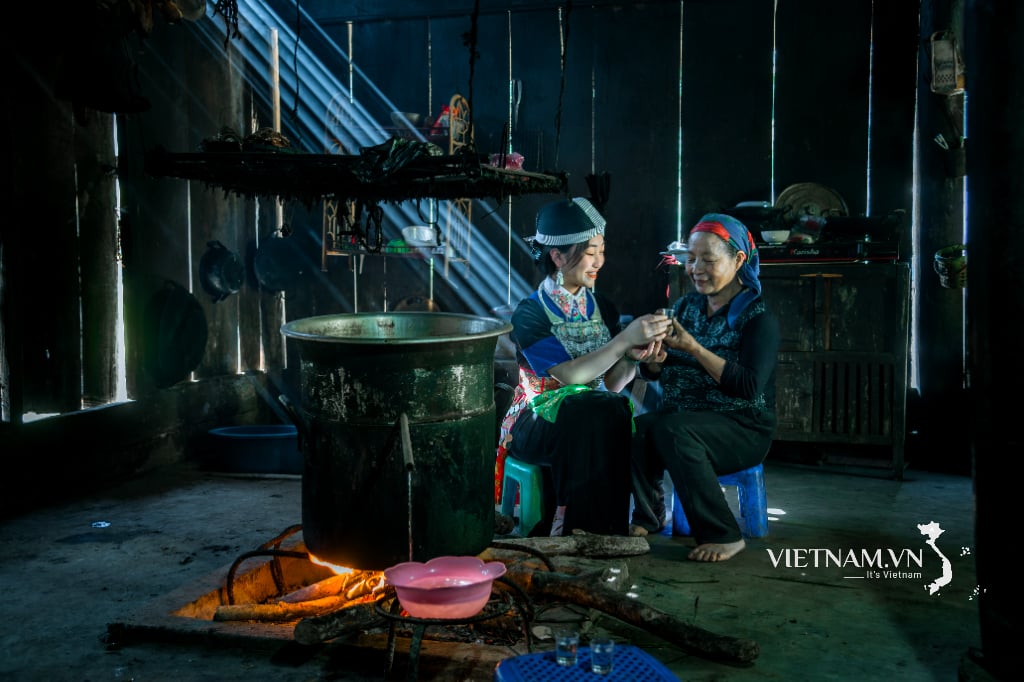
Comment (0)